The body-positive movement has entered a unique moment: It is at the forefront of fashion. Retailer after retailer is scrambling to create plus-size collections. Plus-size models, like Ashley Graham and Tess Holliday, are landing lucrative modeling and television contracts. Even Mattel has recognized that diverse Barbies are important.
However, for many fat acceptance writers and activists, body positivity has failed in one critical way: Fat and marginalized bodies are no longer at the center of the conversation.
The fat acceptance movement began in the 1960s to battle anti-fat discrimination.

Marie Southard Ospina, a freelance fat acceptance writer, told Revelist that the fat acceptance movement fought for "long-lasting change in the cultural treatment of (visibly) fat bodies." Similarly plus-size fashion and lifestyle blogger Stephanie Yeboah said that fat acceptance began as a celebration of fat bodies.
It culminated in the creation of the National Association to Advance Fat Acceptance, an organization that combats size discrimination.
Size determines many life outcomes, including work promotions and wages. The Council on Size and Weight Discrimination found that plus-size workers are paid $1.25 less an hour than average-size workers, which could lead to a loss of around $100,000 over the course a career. Additionally, women of size make 6% less than thinner women, and also receive fewer raises.
However, Ospina said that the current iteration of body positivity has lost its focus.
"Mainstream media's coverage of body positivity has had a huge focus on fashion, I think," she said. "In some ways, the activism feels reduced to bettering clothing options for plus bodies. It's a noble and important goal. But the activism was always supposed to be about more than that."
The focus on clothing also centers certain bodies while excluding others, according to Ospina.
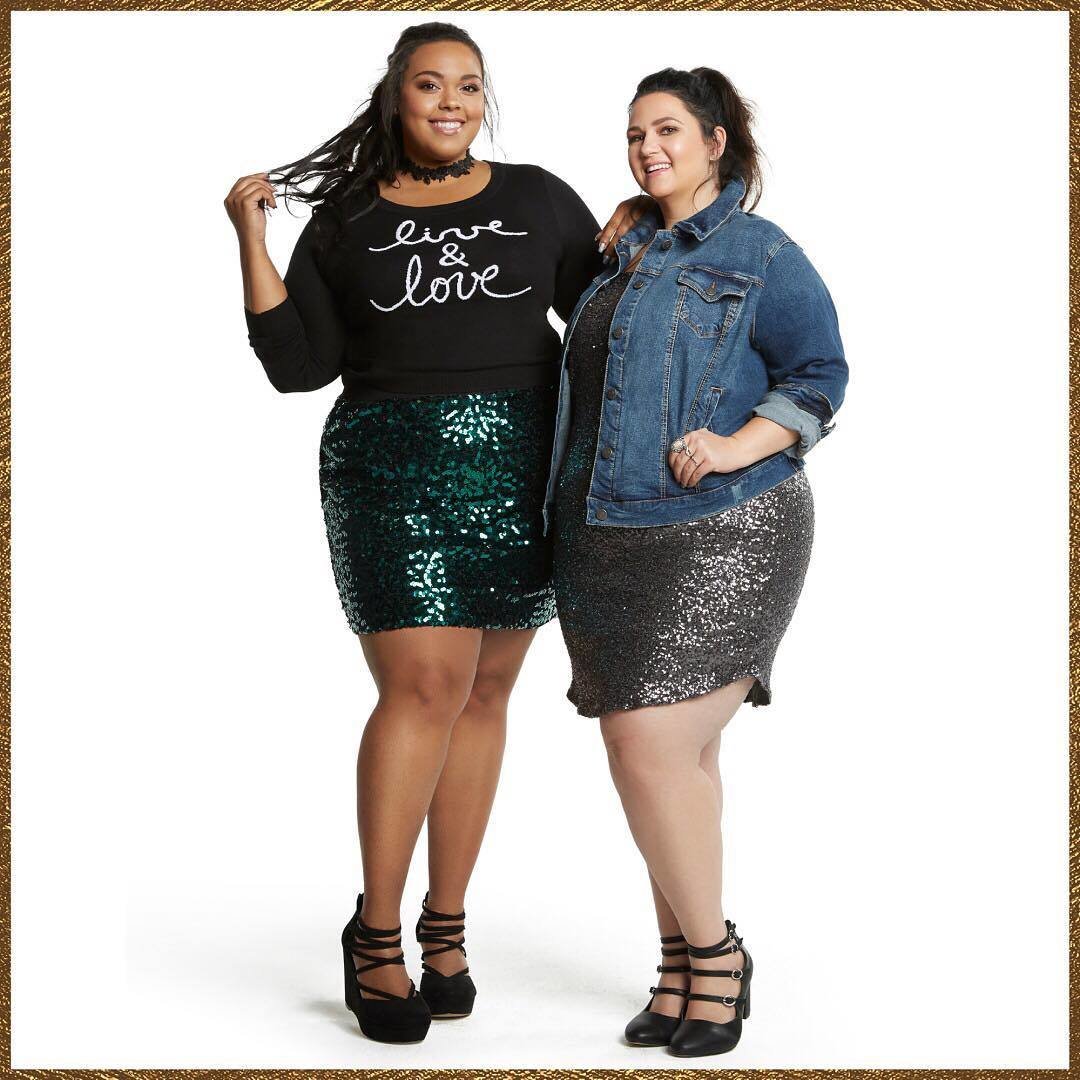
"The focus on fashion also means that many more brands have extended their size ranges… a bit. Instead of ending at a 16, they might end at a 20/22 now. These decisions are then covered in mainstream media as, 'Look at this super cool brand catering to all bodies/all women,' when in reality, bodies don't stop at a 20/22. Like, not even close. So this mainstream body positivity had widened the doors of acceptability to smaller people on the plus-size spectrum, while arguably contributing the erasure of fat people (not curvy or chubby or thick people) even more."
Other fat activists and scholars agree.
"For a movement that claims to be diverse, it seems to focus more on the exposure of conventially attractive 'small-fat/chubby' white women," Yeboah said.
Similarly, Yeboah told Revelist that mainstream media has done an excellent job of including non-fat bodies in body positivity, but that inclusion has also negatively impacted fat acceptance.
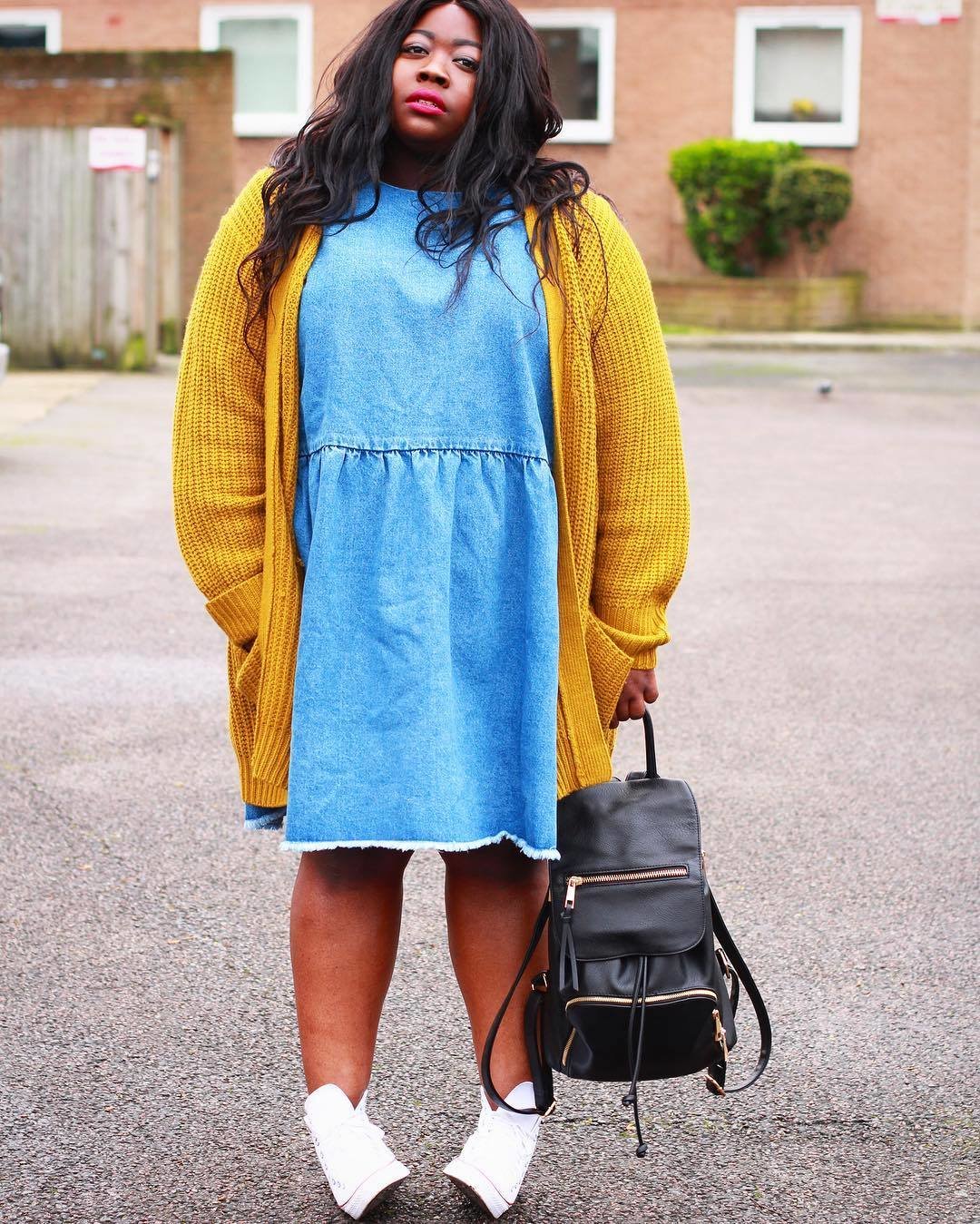
"Body positivity is no longer synonymous with fatness and while it's amazing that all bodies are able to feel included within a movement, I think the original intention has been lost," she said. "Body positivity was a movement to celebrate bodies that fell outside the realm of what was considered attractive within society, however the media now seem to exclude the isolate the very bodies that created the movement in the first place."
Corissa Enneking, a fat acceptance blogger, agrees. She said body positivity has lost its edge and its focus.
"As the movement has grown in popularity, the voices and values within it have changed to reflect a less radical and progressive view of bodies, and fat acceptance is not longer a huge part of it," she said.
The stigma of fat acceptance is exactly what the movement should be fighting against, according to Enneking.
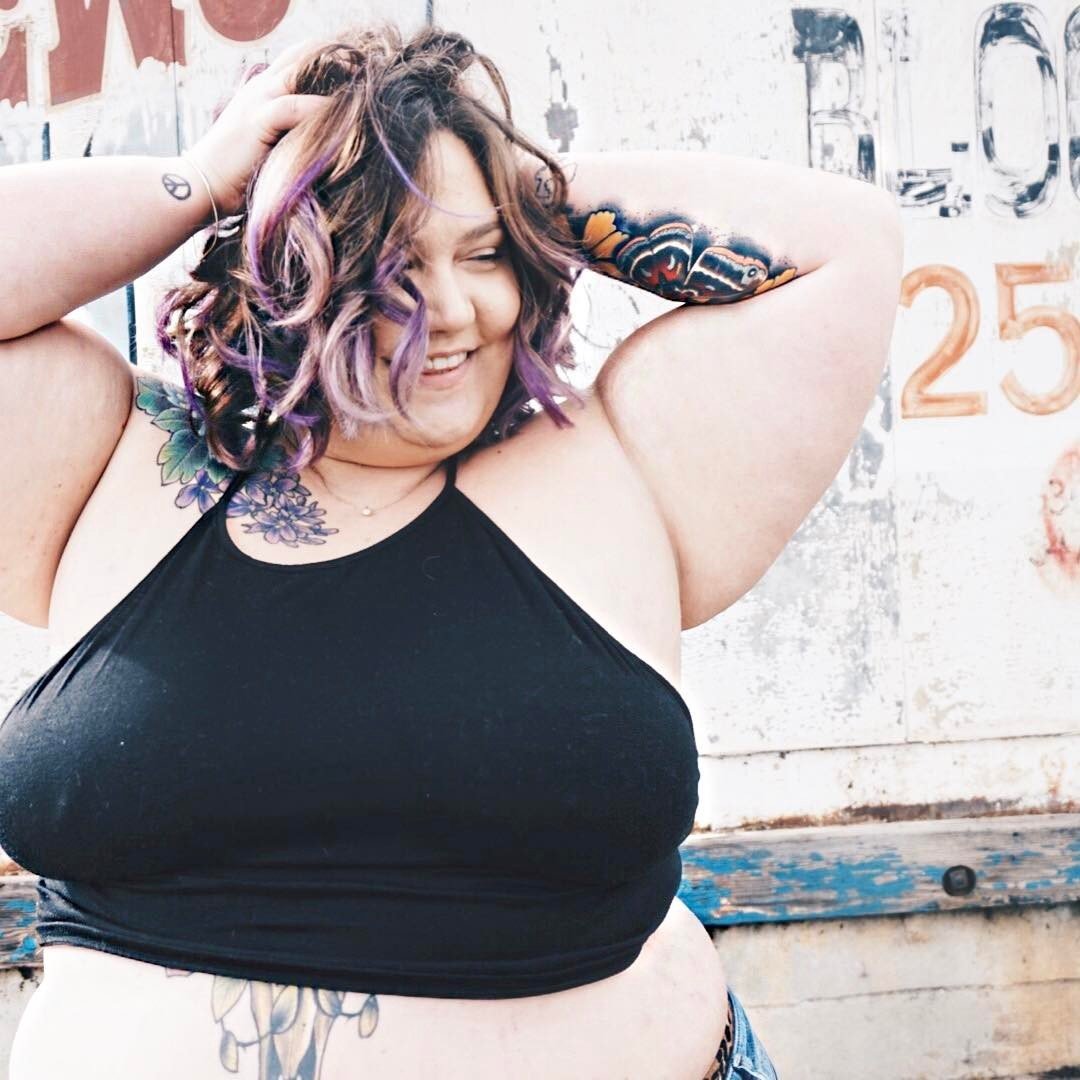
"When people talk about body positivity they often look at it as an individual's perspective, or way of thinking. But in fact, the acceptance of bodies and being body positive is incredibly political and the mainstream movement has lost that," she said. "When we talk about bodies we cannot forget the intersections of race, gender, ability, size, and how all of those things effect our daily lives. We have to deconstruct the power structures surrounding all the aspects of bodies in order to be truly body positive and make our world a more accepting place."
Yeboah agrees. She said that body positivity is far too mainstream to be reclaimed. That's why she's chosen to ditch body positivity in favor of fat positivity.
"I personally feel that the body positivity movement is too far gone and too mainstream to be reclaimed, so using #FatPositivity hashtags using the words 'fat' as opposed to 'body' when talking about positivity seems to be the way to go," she said.
Many fat acceptance writers, like Kaye Toal, a creative producer at BuzzFeed, have also expressed frustration about what is now considered "body positive" — and who gets erased from that conversation.
As Toal argues, using body positivity as an umbrella to include bodies that are already deemed conventionally attractive, defeats the purpose.

Ospina agrees. She told Revelist that body-positivity activism used to focus on marginalized communities, including differently-abled, people of color, LGBTQIA+, and fat people, but that has changed.
"I don't really think mainstream 'body positivity' is a tagline associated with activism at all. The idea of 'all bodies are good bodies' is at the core of it. Which, obviously, all bodies are good bodies! But the focus is no longer on the people who need it most: On the ones that society, by and large, does not treat as good."
To fix this, Your Fat Friend said that focusing the movement back on those who have "borne the brunt of broad negative attitudes," like people with disabilities, fat people, trans people, and people of color, is important. It also requires removing the focus from the concept of fat-shaming, according to Your Fat Friend:
As body positivity has become more mainstream, so has the concept of fat shaming. Unfortunately, the majority of media attention on fat shaming has focused on thin women inaccurately being called fat. Being called fat can cause real emotional pain for some, and many experience it as bullying. But when you are fat, that bullying is institutionalized, cemented in policies, and often publicly condoned.
Some, like queer fatshion blogger Bethany Rutter, argue that "body positivity" must stop focusing on the "all bodies are good bodies" mantra.
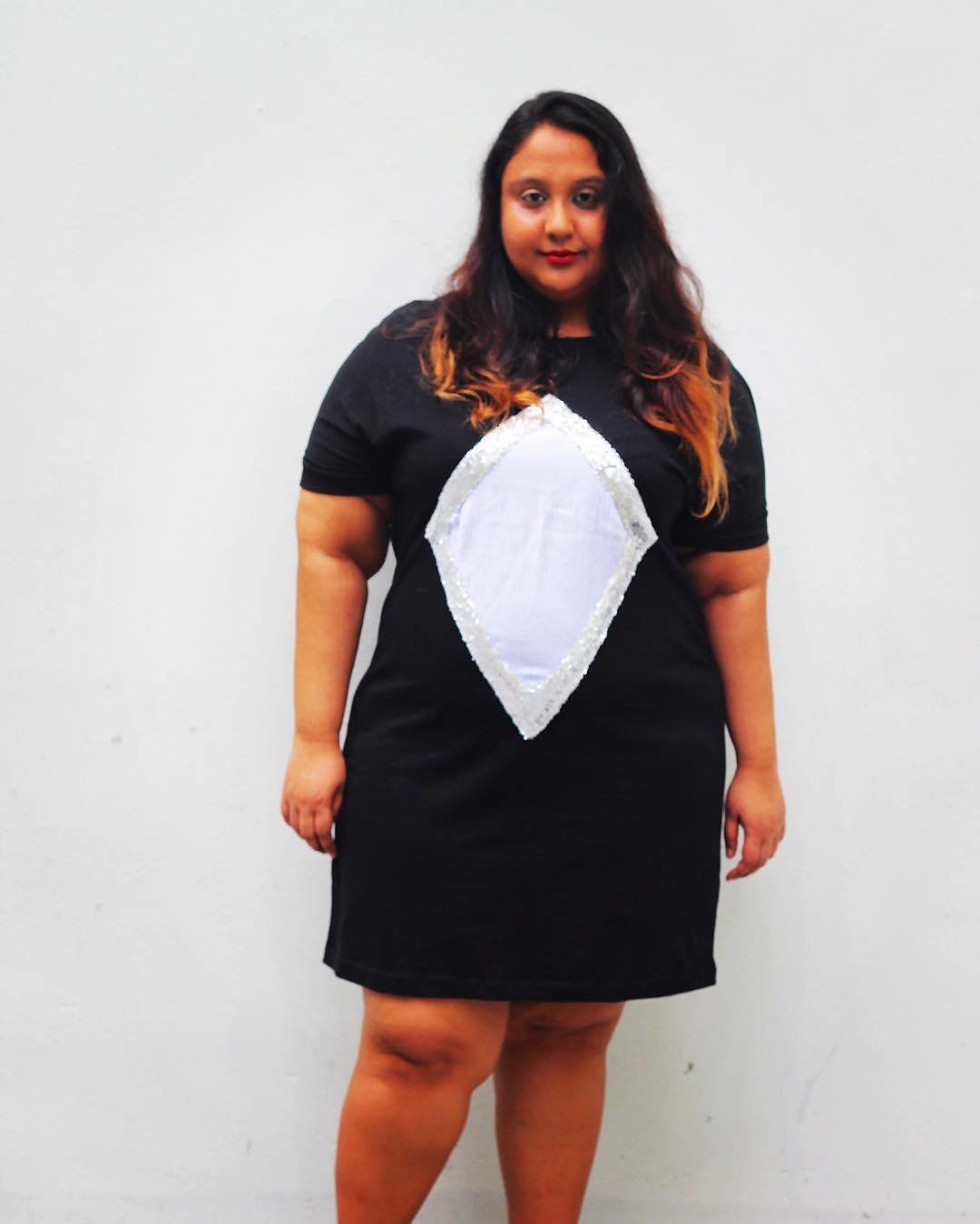
In an interview with Bustle, Ruttler said that "body positivity has been so co-opted so comprehensively as to have become meaningless."
"Fat people are hired less, paid less, have poorer access to medical care, are intensely ostracized in all forms of media," Ruttler said. "We need to specifically name the stigma and hatred that puts us in that position, not have it erased by thin women who want a piece of the action without having to deal with any of the stigma."
That's what fat activists are often fighting for, according to Your Fat Friend, a fat acceptance writer.
"Policy changes are absolutely a concern for fat activists," they said. "In the vast majority of the US, it is perfectly legal to deny someone a job or a place to live because they are fat. Some doctors set weight limits on the patients they will agree to treat. Airlines can refuse to seat us, even as they continue to reduce the size of their seats."
Your Fat Friend is right: Currently, Michigan is the only state that prohibits discrimination on the basis of weight or size. Expanding those legal protections matter to fat acceptance activists.
As body positivity expands, fat activists hope that the fight for fat acceptance continues.
Ospina said that activists are fighting at the doctor for correct diagnoses, at work for the equal pay, and on social media and dating apps. Your Fat Friend said hashtags like #FatSideStories are centering fat bodies once again. Enneking is continuing to use the term "body positivity" as a reminder of what the movement is supposed to be be concerned about.
"I'm constantly saddened by the watered down nature of mainstream body politics, but I refuse to stop using the term 'body positive' because I don't want fat bodies to be on the fringe of this movement," she said. "Fat acceptance is inherent to body positivity and I won't let people forget that.
No matter what the disagreements are, what is clear is that fat acceptance and body positivity still have more work to do. As Ospina eloquently concluded:
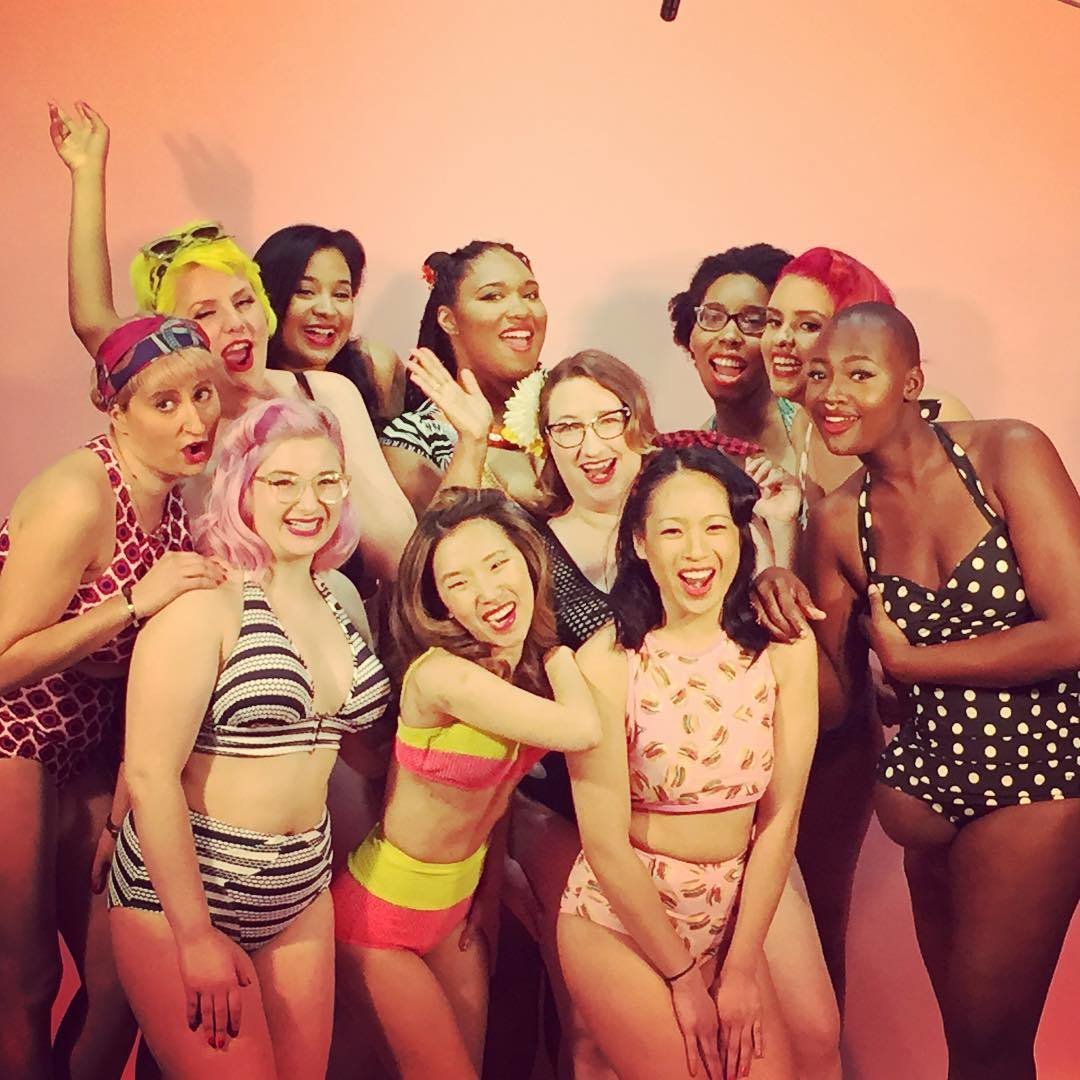
"If your body positivity is only about fashion, if your body positivity only celebrates conventionally attractive bodies, if your body positivity erases WOC, visibly fat people, differently-abled people, LGBTQIA+ people, non-hourglass-shaped fat people, if your body positivity does not consider how fat shaming intersects with classism (not to mention sexism, racism, and ableism), if your body positivity celebrates diet culture or frames 'health' as a moniker of acceptance and a beauty standard of its own, if your body positivity is about #fitspo or #thinspo or #thinisbeautifultoo, then I think it's falling short.
As with feminism, an approach to body positivity that refuses to acknowledge hierarchies of privilege, learn from those more marginalized, and fight for those more marginalized is missing something pretty crucial."
This story has been updated with comment from Stephanie Yeboah and Corissa Enneking.




